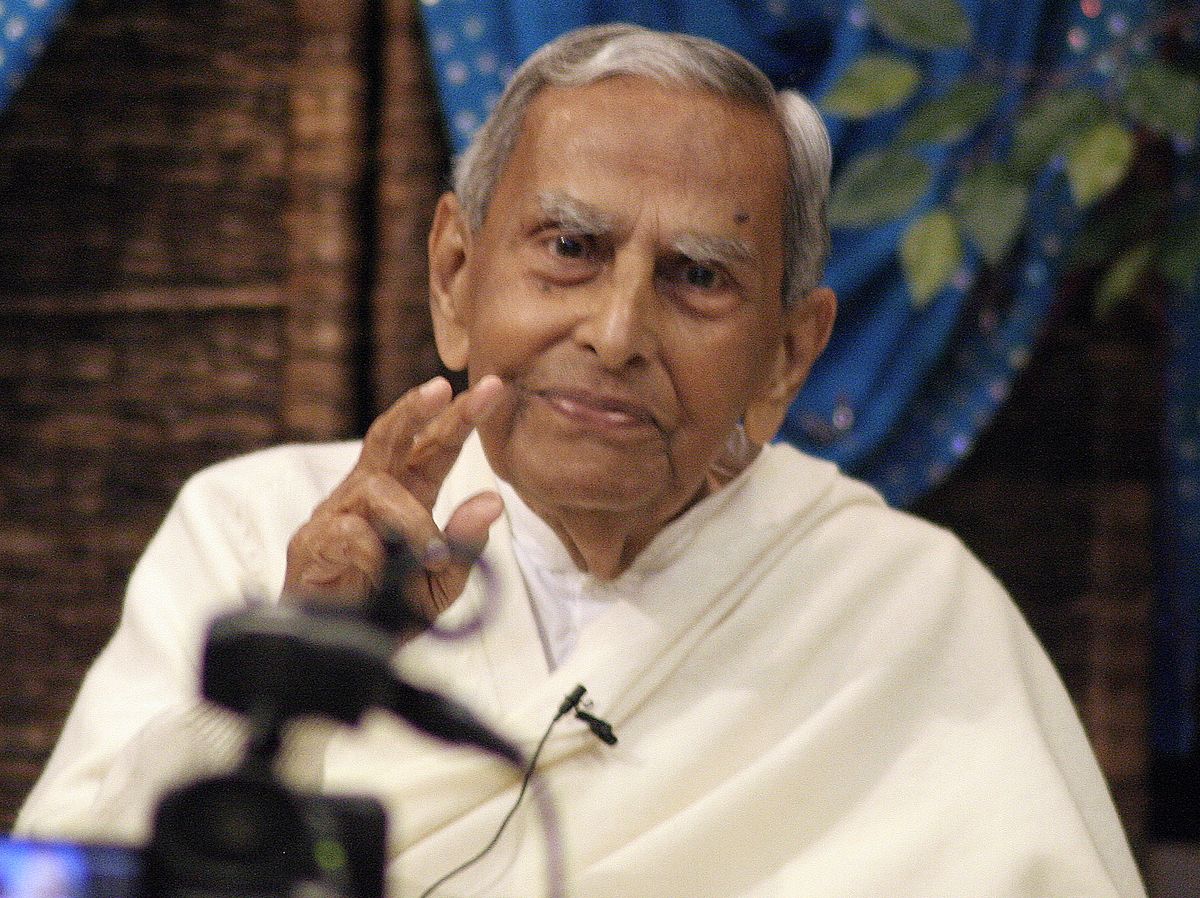Text: Jacob Devaney / Uplift
How Do Acts of Compassion Create Peace in the World?
Our state of mind is the lens through which we experience the world around us. Inner peace leads to acts of peace and compassion, while inner discord and fear leads to violence. Both peace and violence are contagious, spreading through our social networks like a fire. Each of us was born at a very special time, and we have the ability to raise the vibration of love and peace in every moment, with every interaction.
The world needs this now more than ever. Peace is not passive, it is made visible through compassionate action. Are you ready to step up and become your highest expression of peace?
‘Compassion is not a relationship between the healer and the wounded. It’s a relationship between equals. Only when we know our own darkness well can we be present with the darkness of others. Compassion becomes real when we recognize our shared humanity. ― Pema Chödrön
Acts of kindness, expressions of beauty, and feelings of empathy bring much more to peace than simply protesting war. That’s why this year, the International Peace Day campaign included a powerful message about compassionate action, along with a global movement, to become the change we seek in the world.
Weaving a new narrative is essential if we want to put an end to violence. Violence is the result of non-compassionate action, and has been scientifically proven to be a preventable brain disorder. Stories of connection, love, and kindness are literally roadmaps to peace. The most powerful stories are the ones that we actually embody and live in our daily lives. When we reach out to others in need and show them kindness, we give them a reason to believe in the goodness of humanity.
We can show each other that the stories of division, scarcity, and competition may not rule the world after all. We have the power to change it with our own actions as individuals, and collectively as a community. This is how we demonstrate compassion, break the old narrative, and create a new story that shows the power of unity, kindness, respect, and love. It takes courage and inner strength to defy the narratives that keep us divided. Do you have that kind of fortitude?
To be fully alive, fully human, and completely awake is to be continually thrown out of the nest. ― Pema Chödrön
The Road to Compassion
The road to compassion is not usually filled with roses, rainbows, and unicorns. Actually, compassion is often learned through having experienced deep pain, betrayal, hurt feelings, and broken trust. The Buddhists know that suffering is a natural part of the human journey. Thus they have perfected a practice that helps us turn unpleasant or painful experiences into compassion, to transform our lives in a positive way.
Breaking old narratives
It takes courage and inner strength to defy the narratives that keep us divided. The practice is called tonglen, and Pema Chödrön is a respected teacher of this compassion meditation. She has a powerful audio-recording called Good Medicine where she explains the practice in-depth. The basic concept is simple though… You sit quietly and breathe in all the fear, grief and pain happening in your life. You breathe it right into your heart and feel it with all your senses. When your lungs are full of air, then it is time to exhale and let it all go. The exhale is focused on deep and eternal peace. At the end of the exhale, you begin to inhale the grief again, and so the cycle continues. This allows your body to act like a pump–breathing in grief, and breathing out peace.
We habitually erect a barrier called blame that keeps us from communicating genuinely with others, and we fortify it with our concepts of who’s right and who’s wrong. We do that with the people who are closest to us and we do it with political systems, with all kinds of things that we don’t like about our associates or our society. It is a very common, ancient, well-perfected device for trying to feel better. Blame others….Blaming is a way to protect your heart, trying to protect what is soft and open and tender in yourself. Rather than own that pain, we scramble to find some comfortable ground.
Random act of kindness
Be sure to surprise someone with a random act of kindness whenever you can.
Share Your Positive Stories
The first step is to look within and consider ways that you can become more kind and compassionate to yourself. The Building Compassion film is filled with tools, advice, and inspiration on how to begin this process. As we each develop this place of inner peace and compassion, we will naturally want to share it with the world around us. This is how we nurture our world by also taking care of ourselves. The free film had it’s online premiere on September 21st.
Remember to share positive stories; stories of compassion, and be sure to surprise someone with a random act of kindness whenever you can. Instead of that divisive, political post this week, share something that connects, rebuilds friendships, something that reminds us of our shared struggles, shared dreams, and our shared humanity.
Watch the premiere of the new UPLIFT film, Building Compassion. The film shares cutting-edge research into the neurology and cultural practices of compassion and features interviews with a range of experts, including Dr. James Doty, Dr. Saamdu Chetri, Dr. David Vago, Scarlett Lewis and many more. Building Compassion explores how compassion is the key to understanding what it is to be truly human, and to creating a loving world.
Watch Building Compassion HERE






